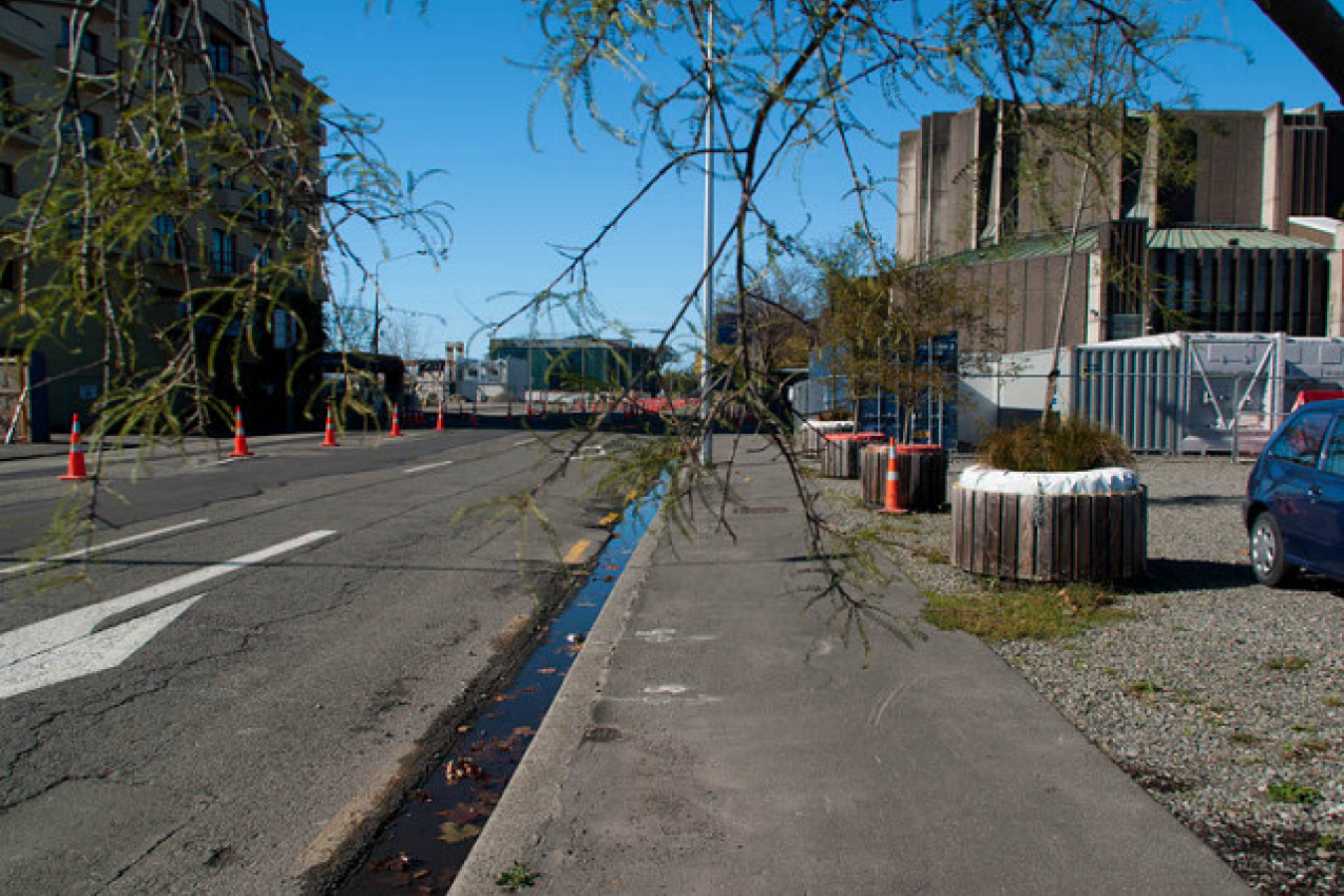Support migrant centric journalism today and donate

Political debate tends to revolve around how people from different cultures would fit in, president Simon Arnold said, whereas business isdriven by the economic cycle, which had led to calls for the door to be opened to ease the labour shortage.
"The long-term strategic issue is what is happening to the nature of our population."
In the year to June, New Zealand gained about 8600 more people than it lost, 61 percent down on the previous year.
The National Party has condemned the loss of people to Australia - a net 382 people in the year to June - and called for urgent action to stem the brain drain by reducing taxes.
Mr Arnold said the numbers leaving New Zealand reflected the state of the economy relative to that in Australia and elsewhere.
"More worrying is that New Zealand is doing well in the business cycle. Typically with a labour shortage you would expect some of that to be reversing."
People were becoming more aware of the aging population and the looming imbalance between those in and out of the labour force.
There was evidence that attracting more foreign workers over time would help redress that imbalance, Mr Arnold said. Australia increased immigration quotas after a review by its treasury in 2002 found a 50 per cent rise in net migration to 135,000 a year would lead to a decline in the aged to working-age ratio in the next 40 years and a 10 per cent increase in gross domestic product in that time.
"It is likely that these results would also apply to New Zealand," a report by the New Zealand Chamber of Commerce and Industry found in 2003.
New Zealand would probably need about 15,000 immigrants a year on average, Mr Arnold said.
Attracting skilled workers was more important than focusing on their particular skills. "Immigration is a long-term game and it is best to look for people who want to be here and want to contribute," he said.
"The suggestion is that over time you will improve your GDP growth at a time when you are facing declining participation in the work force by the aging population.
"Just as we need to be thinking about salting money aside for New Zealand super, so too do we need to be thinking about what we could do about the composition of our population."





















